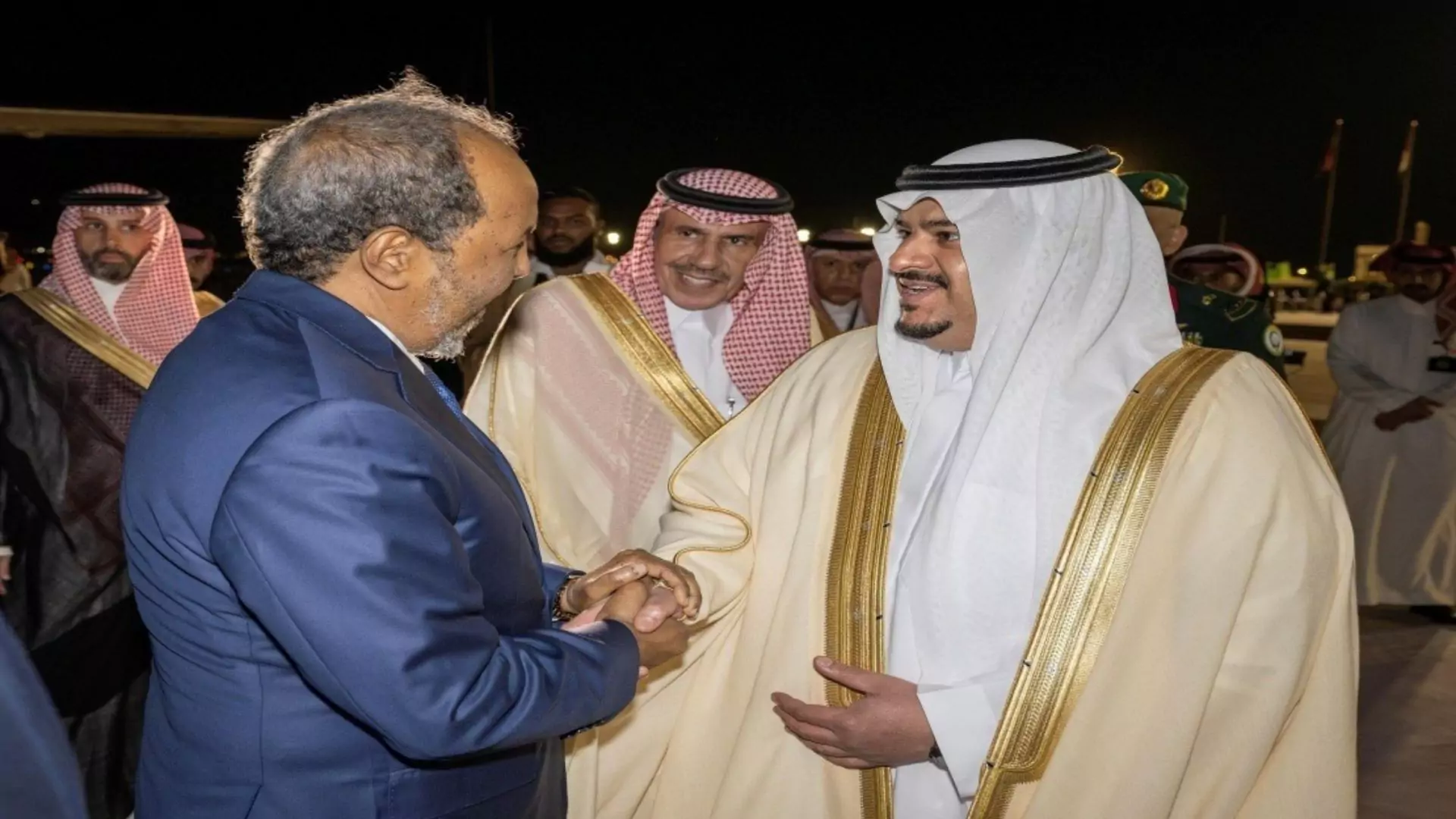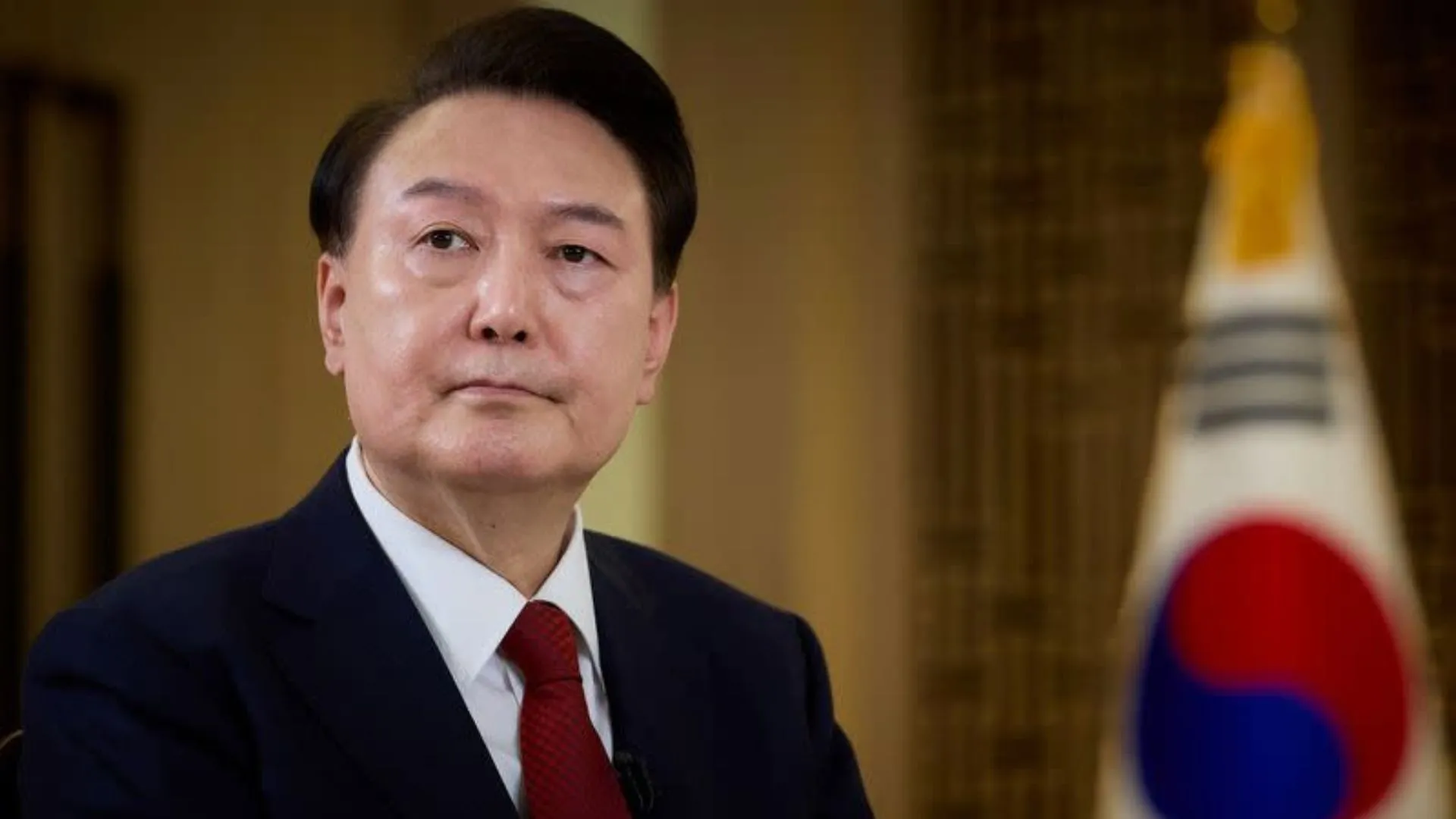In response to the ongoing crises in Gaza and Lebanon, Arab and Muslim leaders are convening in Riyadh for a high-level summit aimed at unifying their stance on Israel’s military actions in these areas. The summit, hosted by Saudi Arabia, was officially announced by the Saudi Ministry of Foreign Affairs in late October during a gathering of an “international alliance” focused on achieving a two-state solution to the Israeli-Palestinian conflict. Saudi state media reports highlight that Israel’s “aggression” has driven Arab and Islamic nations to take immediate steps to address the crisis.
Humanitarian and Political Goals Take Center Stage
The Saudi Press Agency emphasized the main objectives of the summit: “Key priorities [for the summit] include halting the aggression, protecting civilians, providing support to the Palestinian and Lebanese people, unifying positions, and exerting pressure on the international community to take decisive steps to end the ongoing attacks and establish lasting peace and stability in the region.” The urgency of these goals reflects the pressing need for humanitarian support and diplomatic unity among the participants as tensions in Gaza and Lebanon persist.
Footage from Al Ekhbariya, a Saudi state-run news channel, showed the arrival of key leaders, including Nigerian President Bola Tinubu and Lebanese Prime Minister Najib Mikati, who landed in Riyadh on Sunday evening. Other prominent leaders expected to attend include Palestinian President Mahmoud Abbas and Pakistani Prime Minister Shehbaz Sharif. Although Iranian President Masoud Pezeshkian will not be present due to “executive matters,” he confirmed via a phone call with Saudi Crown Prince Mohammed bin Salman that Iran’s First Vice President Mohammad Reza Aref would represent Iran at the summit.
Historical Context and Regional Divides
This summit comes one year after a similar assembly in Riyadh, which saw leaders from the Cairo-based Arab League and the Jeddah-based Organisation of Islamic Cooperation (OIC) meet to condemn Israel’s actions in Gaza as “barbaric.” Despite strong statements, the 2022 summit failed to produce an agreement on punitive measures against Israel, such as cutting diplomatic ties or disrupting economic relations. The complexity of reaching a consensus reflects the diverse positions within the 57-member OIC and the 22-member Arab League, which include countries that have formal diplomatic relations with Israel and others that firmly oppose its regional integration.
Efforts to unify a collective response face challenges, as last year’s Riyadh summit revealed divisions on issues such as oil supply disruption and severing economic ties with Israel. Nevertheless, the ongoing violence in Gaza and Lebanon has reignited calls for a coordinated and robust stance, with many leaders hoping this year’s summit will pave the way for stronger action.
Trump’s Election Victory Shifts Diplomatic Calculus
The recent re-election of Donald Trump to the US presidency adds a new layer of complexity to the summit’s proceedings. Anna Jacobs, a senior Gulf analyst at the International Crisis Group, suggests that regional leaders view this summit as a strategic moment to communicate their priorities to the incoming US administration. “This summit is very much an opportunity for regional leaders to signal to the incoming Trump administration what they want in terms of US engagement,” she told AFP. “The message will likely be one of dialogue, de-escalation, and calling out Israeli military campaigns in the region.”
Experts believe that Saudi Arabia, in particular, aims to reinforce its role as a critical partner for the United States under the new administration. Umer Karim, a Saudi political analyst at the University of Birmingham, noted that the summit offers Riyadh a platform to position itself as a central ally for American interests. “The message is that Trump ‘can rely on the Saudis as being representatives of the Muslim world,’ and that ‘if you want to extend American interests in the region, Saudi Arabia is your bet,’” he explained.
Iranian Participation and Regional Implications
Iran’s participation, albeit through its First Vice President, highlights its continued engagement in regional diplomacy, even as it remains a firm critic of Israel. Iran’s involvement may add to the weight of any unified stance against Israel’s military actions, as many Arab and Muslim leaders seek to leverage this summit to push for a stronger international response to the ongoing conflict.




















